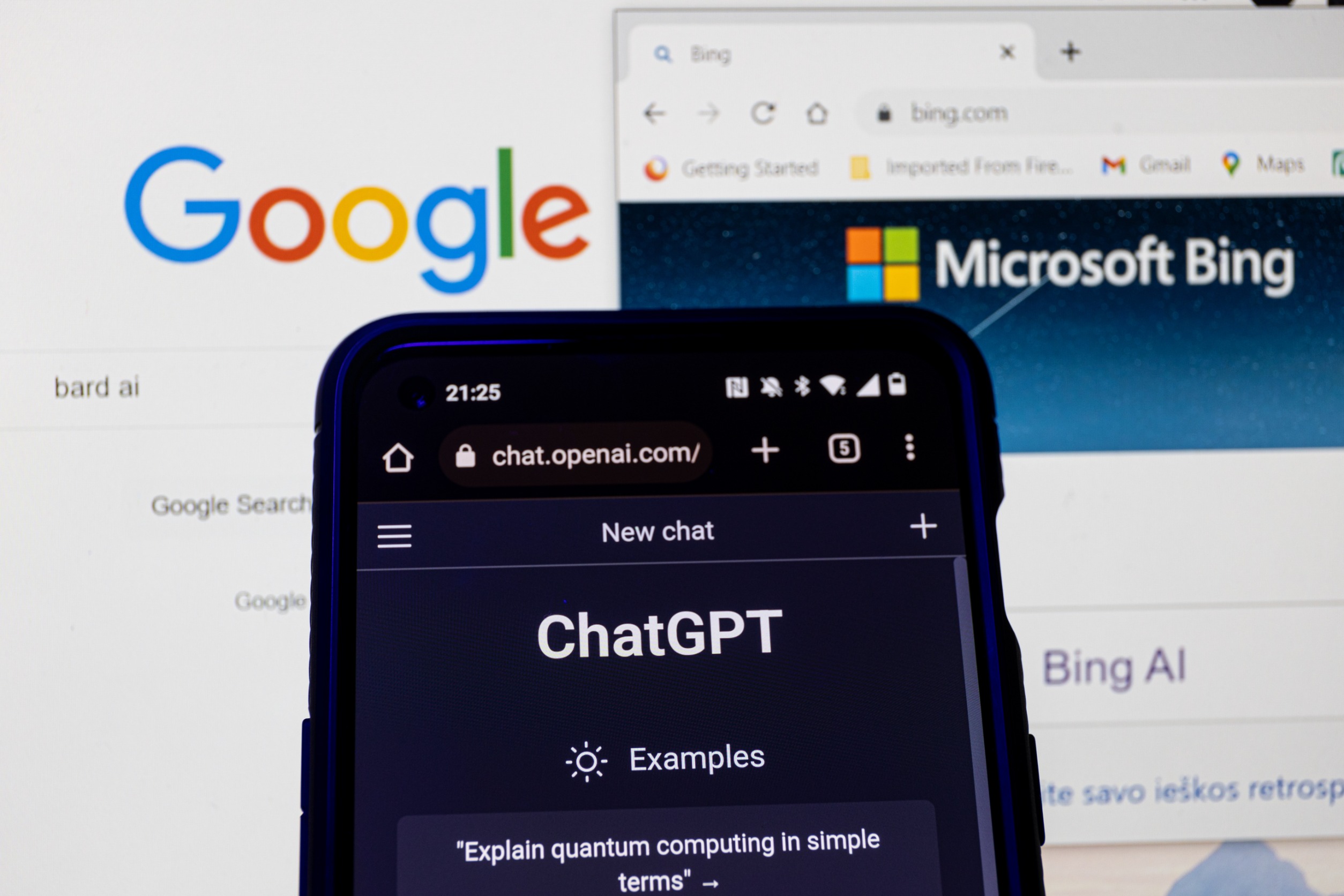Artificial Intelligence (AI) is becoming more popular in the business and legal fields due to its efficiency and ease of use. Solutions like ChatGPT and CoCounsel are great resources for streamlining the tedious work of drafting contracts. AI can be used to draft contracts by using text-based machines and algorithms to generate contracts, making business processes simplified for those who need it. However, there are a few key considerations to keep in mind when using these tools. Here are some helpful tips to keep in mind when using AI to draft your agreements:
Key Considerations for Using AI in Contract Drafting
- AI is Not a substitute for an Attorney: It is important to remember that A.I. does not replace an attorney. Although it can churn out language with ease, it is not (yet) a tool for discussing case-specific provisions that may apply to your particular matter. Remember, no two contracts are exactly the same.
- Avoid Generic Prompts: When using AI to draft contracts, don’t ask it to simply “Draft an Agreement” in a single prompt. It will likely not get it right if you prompt it to write the entire agreement all at once. The agreement will come out very general, and will leave out important provisions you will likely need. Instead, break down your request into smaller, more specific parts. This method ensures all necessary elements are included and tailored to your requirements.
- Educate Yourself First: Start by asking the chatbot to educate you on the type of agreement you’re drafting. You can ask the chatbot for an explanation of the type of agreement you’re looking for, and its key components. This initial step will often provide you with a dropdown list of important clauses and provisions you will likely need. Some examples are: parties, indemnification, confidentiality, term and duration, default, damages, and others.
- Draft the Agreement Clause by Clause: Once you get familiar with the types of clauses you will need, ask the AI to draft each clause individually. Again, it will likely not provide an output for each clause perfectly on its first prompt. The initial drafts might not be perfect, so be prepared to refine them until they meet your specific needs.
- Put the Clauses Together: Think of contracts as a series of building blocks. Like LEGO pieces, contracts are individual building blocks of clauses that join to form one individual covenant. Once you are satisfied with all the provisions, bring everything together in a proper order. Start with the parties, then the purposes, then the mutual obligations, and then finally the remedies.
- Get a Second Set of Eyes: You don’t know what you don’t know. So, once you’ve drafted the agreement, it is essential to bring it to a professional to get a final approval. Remember, A.I. does not guarantee results, and does not owe you a fiduciary duty, unlike an attorney. A second set of eyes can catch nuances and legal requirements you might have missed.
AI offers significant advantages in business processes by assisting with contract drafting, but it is important to use these tools with caution and in conjunction with professional legal advice. By following these guidelines, you can leverage AI effectively to enhance your contract drafting process while maintaining the necessary legal safeguards.
If you would like to learn more about integrating A.I. into your business processes, or would like a second set of eyes, consider reaching out to us for a consultation to ensure your agreements are compliant.
Information provided for educational purposes, not legal advice*








